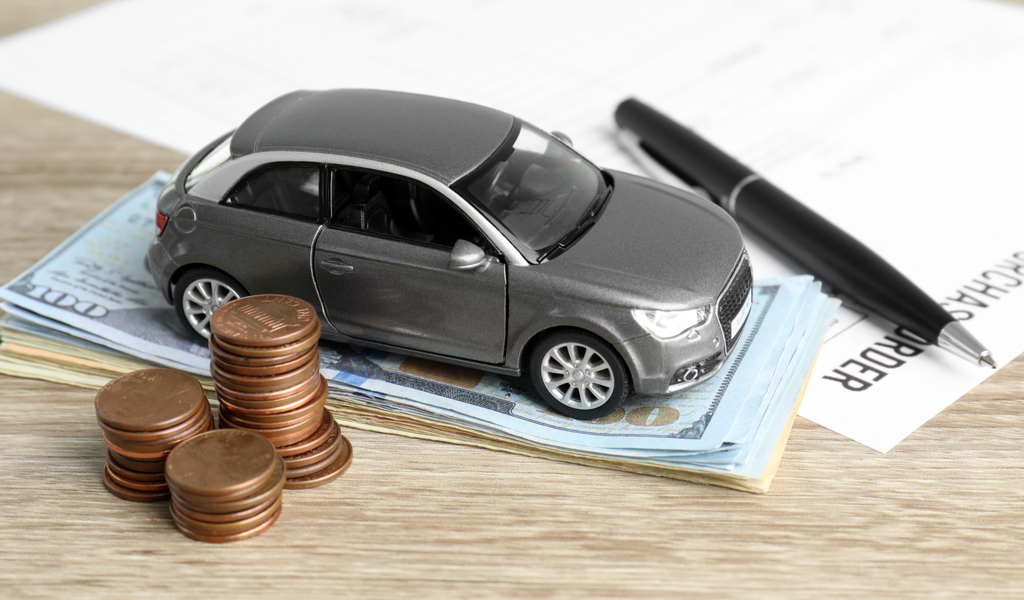Electric cars may be the closest thing we have to what our ancestors imagined the future of transport would become (sorry, no flying cars yet). Owning an electric car sounds pretty cool, they are trendy and environmentally-friendly at the same time. You don’t have to fill your car up with gas every time you take it out, all you have to do is recharge the batteries in your garage every day (kind of like your laptop or phone!). Electric cars provide many long-term benefits like not contributing to pollution, living a “green” life, and saving money too.
Needless to say, everyone knows the benefits of them, but most people aren’t aware of the hidden costs and disadvantages that also come along with it. From hefty maintenance costs to increasing insurance premiums – there’s plenty you need to consider before taking the plunge.

Lower Electric Car Sales
Logically, one would think that as consumers shift their mindset to buying more environmentally-friendly products, the percentage of electric cars sold should increase. However, there’s a bigger issue at play here: money.
It’s not the initial cost of the car that matters so much, even though electric cars are often more expensive than their petrol/diesel counterparts, but it is the cost of maintenance and most importantly, high insurance premiums, that are deterring customers from switching from the old gas-guzzlers.
In June and July of 2018, the number of electric car sales recorded stood at around 7400, which is a minuscule number compared to the 1.2 million diesel/petrol vehicles sold in the same period. To be fair, insurance tax played a serious role in this, and petrol/diesel vehicles include more than just cars, but the number still seems incomparable.
High Premium Costs
An investigation by a consumer website where electric car owners posted about their issues about having to pay very high insurance premiums found that insurance companies are enhancing premiums. According to a market test conducted by the Association of British Insurers, insurance premiums for cars with the same make and model cost around $700 for a petrol vehicle, $750 for a diesel vehicle, and $2,250 for an electric car! While part of this was due to tax, the other part was because of the product.
According to the Association, electric cars come with higher premiums because they are still quite new to the market. Car spare parts can be quite expensive, and many others can be rare and difficult to find. Furthermore, you would need to find a technician with a special skill set to fix them up – which would, of course, cost more than the regular mechanic.
But they also say that as electric cars become more popular and integrated into the mainstream, you can expect premiums to fall as spare parts and technicians would be more widely available.

Tax Doesn’t Help
At the beginning of 2018, electric car sales saw a steep decline suddenly and the reason for this was the introduction of the Insurance Premium Tax. Electric car owners saw an increase of up to 60% in their insurance premiums.
Young professionals were probably the ones who were most impacted by this; they pay around $2,200 annually to insurance corporations. With the volatile nature of the job market, needless to say, this is a major cause of financial stress. Governments can rectify this issue by canceling the IPT and lowering insurance paid for electric cars.
Convenience Also Plays a Role
Aside from the money factor, those who do not prefer electric cars also point to the convenience factor. While saving on fuel is certainly cost-efficient, we’ve seen that it doesn’t actually reduce overall costs in the long run. Adversely, electric cars need to be recharged frequently and there are fewer charging ports available than gas stations. So, if you were planning to go on long road trips on an electric car, it may take a bit more planning with strategic stops than usual.
The good news is that the charging time for electric cars is much lower now than it was a few years ago, and it is more likely to get better in the future. Electric cars also provide good mileage so it’s not like you need to be charging every few hours. If you are concerned about the environment, an electric car may be a good investment for you – but make sure you can afford it.



